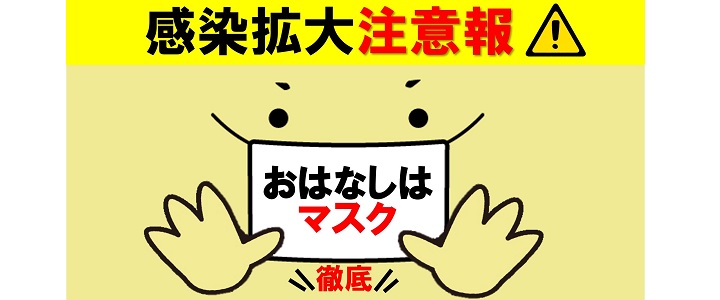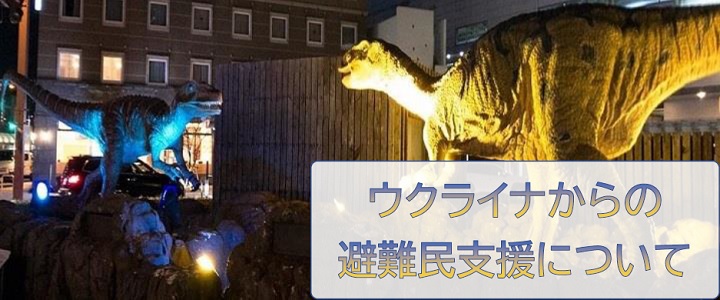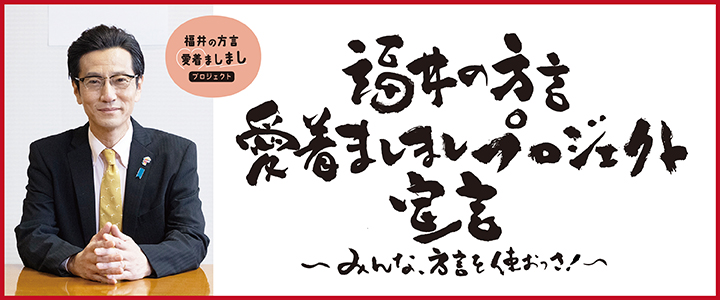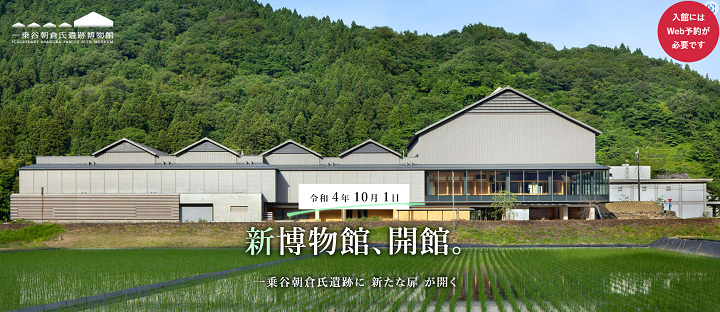福井県 原子力発電所 再起動の前に安全確認を要求
東京(ダウ・ジョーンズ)――月曜日に西川一誠福井県知事は、運転停止になった浜岡発電所と他の原子力発電所の安全状態がどう違うかを政府が明らかにしない限り、福井県内の定検中の原子力発電所の再起動はしないと発言した。
「福井県は反原発ではない。日本政府に、はっきりとした計画を作成して示してもらいたい。」と、西川知事がダウ・ジョーンズとのインタビューで伝えた。またインタビューの中で、菅直人首相の原子力発電所の安全に対する姿勢を「都市」の視点と指摘した。
原子力発電所の再起動延期によって今年の夏の電力不足が悪化する恐れがある。月曜日時点では福井県内の原子力発電所の13基のうち6基は、点検や整備のために停止されており、さらに2基が、今夏に点検のために停止する予定である。
日本では、原子力発電所は整備と点検のために13ヶ月に1回(通常2,3ヵ月間)発電を停止することとされており、再起動の際には、電力会社は、正式な承認を受ける必要はないものの、市町村に計画を知らせる約束となっている。
しかし、電力不足の恐れはあるものの、東日本大震災以来、民間の原子力発電の安全の懸念が高まりつつあるため原子力発電所の再起動を敬遠する電力会社がいくつかある。
そんな中、菅首相は5月に静岡県にある浜岡発電所の停止を要求した。浜岡の付近に大地震が起こる可能性が高いという理由で、津波や地震などへの防災対策が強化されるまで、発電所の停止を要求した。
浜岡発電所は今回の地震後に新たに設けられた安全基準を満たしているにも関わらず、菅首相が停止要求をしたことにより、福井県をはじめ、発電所の近辺の自治体では原発安全に対する新たな懸念が生じた。
「浜岡発電所の付近よりも地震の可能性が低いとされていた福島県の付近であっても、今回のような大きな災害が起こりえる。」と西川知事は述べた。「政府は様々なことに関して説明不足である。例えば、原子力発電所の運転年数と脆弱性の関係についても。」
5月に菅首相が、浜岡原発所に事故が起きた場合「深刻な被害」を生じるために運転停止を要求したと述べたことについて、西川知事は、浜岡原発が東京から近い距離にあるための決断であり、国が東京の安全を他地域より優先している結果であると見ている。西川知事は、国家として電力供給を地方の発電所に依存しているにも関わらず、大都市を優先する考えは、受け入れられないとし、「原発は日本では不可欠なものであると理解しているが、安全基準について納得しなければ再起動は認められない」と述べた。
月曜日時点では、日本全国にある54基原子力発電所のうち37基が運転停止し、電力不足の心配が増している。
福井県内の13基の原発のうち11基を運転している関西電力株式会社は、金曜日に電力消費者である顧客に対して、発電量の縮小による停電を防ぐために、7月1日から9月下旬にかけて去年より15%の節電を促した。
海江田大臣は金曜日に、菅首相が再起動を要請するために原発のある自治体を訪問する考えであると述べた。
• JUNE 13, 2011, 6:01 A.M. ET
INTERVIEW: Japan Region Demands Safety Clarification Before Reactor Restart
By Mari Iwata
Of DOW JONES NEWSWIRES
TOKYO (Dow Jones)--The governor of Fukui Prefecture said Monday he won't approve the restart of offline nuclear reactors in the prefecture unless the central government clarifies the difference in safety status between the recently closed Hamaoka nuclear power plant and others in the country.
"We are not anti-nuke. We want the government to make clear action plans and a timetable, and show them to people helping Japan's power supply," Governor Issei Nishikawa said in an interview with Dow Jones Newswires, in which he also criticized Prime Minister Naoto Kan for having a "big city" view when it came to his safety stance on nuclear plants.
The failure to restart offline reactors, such as those in the western prefecture of Fukui, also has implications for Japan's power needs, since it may exacerbate expected power shortages this summer. As of Monday, six of 13 reactors in Fukui are idle either for planned or unplanned maintenance, and two more are scheduled to go offline for checkups this summer.
Japanese regulations require reactors to close once every 13 months for maintenance and inspections, a process that usually takes two or three months. Utilities also have safety agreements with local cities and prefectures that require them to inform local governments of plans to restart reactors after such closures, though formal approval of plans is not mandatory.
However, utilities across the nation with offline reactors have chosen not to restart them after the March 11 quake and tsunami, as the subsequent crisis at the Fukushima Daiichi nuclear power plant raised safety fears among the public, even though such a stance could lead to power shortages.
Adding to the pressure on utilities not to restart offline reactors is Kan's decision in early May to call on Chubu Electric Power Co. (9502.TO) to suspend all operations at its Hamaoka nuclear power plant in Shizuoka Prefecture in central Japan. Citing the high probability of a big earthquake affecting Hamaoka, Kan demanded the reactors be shut down until the plant's defenses against earthquakes and tsunamis are enhanced.
Kan's decision came despite the fact that Hamaoka meets all government safety regulations, including ones issued after the March 11 disasters. This has led to fresh concerns about safety among communities near other plants, including Fukui.
"Hamaoka is said to face a high risk of a big earthquake, but the estimated risk of an earthquake hitting Fukushima was much lower and it was still hit by the quake and tsunami," said Nishikawa. He also referred to other safety issues besides those raised by the Hamaoka plant suspension. "The government has failed to explain a lot of things. For example, we want to know if there's any link between the age (of the reactors) and their vulnerability," Nishikawa said.
Kan said in May that an accident at Hamaoka would have "a grave impact," and that the prospect of this influenced his decision to call for the closing of Hamaoka.
But Nishikawa interprets Kan's decision as prioritizing the risk of damage to Tokyo, given Hamaoka's proximity to the capital. Such a "big city first" way of thinking is "unacceptable," he said, especially when the nation as a whole is so heavily dependent upon the provincial regions for the generation of electricity.
"We understand nuclear power is necessary for Japan. But before restarting (the reactors), we need to be convinced about safety," said Nishikawa.
Overall, 37 of Japan's 54 reactors are now idle as of Monday, and the potential for power shortages is becoming a pressing issue.
Kansai Electric Power Co. (9503.TO), which owns and operates 11 of the 13 reactors in Fukui Prefecture, said Friday it would ask its customers to cut power consumption by 15% from a year earlier from July 1 to late September to avoid possible power outages stemming from its reduced generating capacity.
Japan's Minister of Economy, Trade and Industry Banri Kaieda said Friday that Kan is considering visiting communities hosting nuclear power plants to encourage them to allow the reactors to be restarted.
|




















